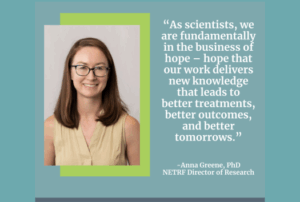
A Very Personal Perspective on the Value of Research
As the Director of Research at the Neuroendocrine Tumor Research Foundation (NETRF), I’ve dedicated my career to advancing science that gives patients and families more

As the Director of Research at the Neuroendocrine Tumor Research Foundation (NETRF), I’ve dedicated my career to advancing science that gives patients and families more
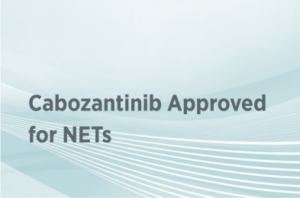
The U.S. Food and Drug Administration (FDA) has approved cabozantinib for the treatment of previously treated, unresectable, locally advanced or metastatic, well-differentiated pancreatic neuroendocrine tumors

Chimeric Therapeutics is reporting early signs of efficacy in the world’s first clinical trial of CAR T cell therapy for neuroendocrine cancer. The first NET

The investigational therapy ITM-11 has shown promising results in the Phase 3 COMPETE trial for patients with inoperable, progressive Grade 1 and Grade 2 gastroenteropancreatic

The U.S. Food and Drug Administration (FDA) has granted priority review to Merck’s application for WELIREG® (belzutifan) as a treatment for adult and pediatric patients
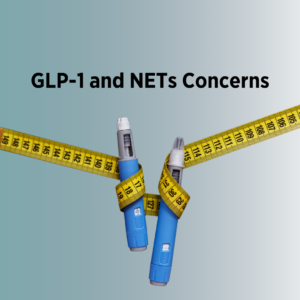
A team of researchers from the University of Iowa has unveiled concerns about the use of semaglutide, a widely prescribed GLP-1 receptor agonist for type
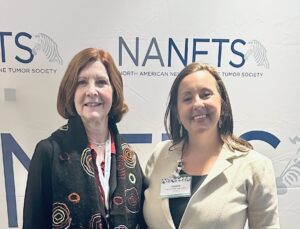
NETRF was well-represented at NANETS 2024, the annual meeting of the North American Neuroendocrine Tumor Society held in November. Several hundred physicians, researchers, and patient

The investigational drug cabozantinib (CABOMETYX®) has significantly improved outcomes for those living with advanced neuroendocrine tumors (NETs), according to the latest results from the Phase
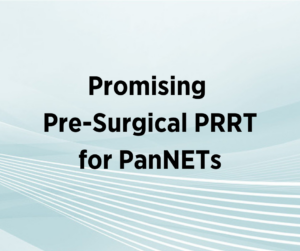
Using PRRT with 177Lu-DOTATATE before surgery is both safe and effective for patients with non-functioning pancreatic neuroendocrine tumors and certain risk factors, according to the
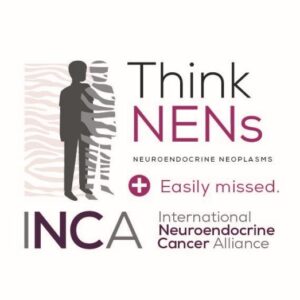
The Think NENs Global Educational Program for Primary Care Physicians has been launched by the International Neuroendocrine Cancer Alliance (INCA). The Think NENs Global Educational